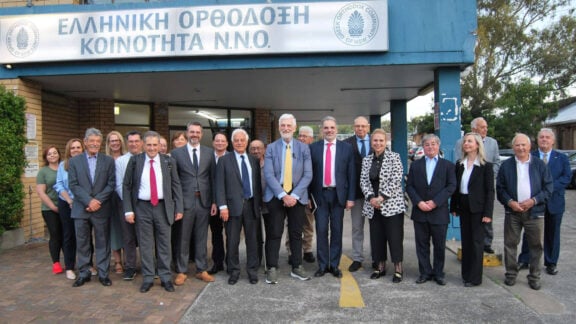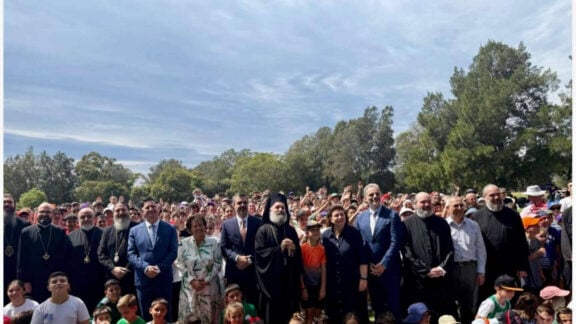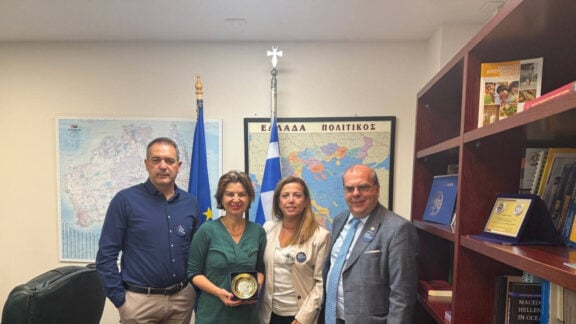The challenge ahead for Greece is not just to keep winning, but to achieve something that the team has never done in its World Cup history: make it to the knock-out stage.
Luck has landed Greece in a relatively negotiable group that includes Colombia, Japan and Ivory Coast and will get its first shot at completing that dream tonight, against the group’s best, Colombia.
Manager Fernando Santos, for whom Brazil will be a swan song on the Greece bench, said in a recent interview that Greece has the ability to qualify to the second round – the last 16 of the World Cup – but that he also knows it is not just down to the national squad’s performance: it also depends on how the
other three teams perform in this wide-open group.
The Portuguese coach has always opted for a defensive approach during his four years at the Greek helm, which explains the record of only 12 goals scored in 10 games in its qualifying group and some poor results in friendlies.
The Greek defence is weakened by the absence of injured Kyriakos Papadopoulos and Dimitris Siovas, the poor form of Avraam Papadopoulos, as well as the recent injury suffered by Borussia Dortmund star Sokratis Papastathopoulos, who remains in the squad but is doubtful for the Colombia game.
The front line is dogged by the questionable fitness of Kostas Mitroglou, the star of the national squad, who got off to a spectacular start in the first three months of the season before being sidelined by injury in November. Greece’s other centre forward, Fanis Gekas, had a good second half to the season in
Turkey with Konyaspor, but wasted several chances in the World Cup warm-up games.
It is therefore the midfield that will be the main focus for Greece, as Santos feeds the Greek strikers in the 4-3-3 formation he is so fond of.
The opening match at Belo Horizonte will likely be crucial for the future of the national team in the tournament, as a victory will put it in the driving seat, while a bad loss could lead to demoralisation and reawaken the ghosts of 1994.
Brazil’s humid conditions will likely favour Colombia, and the time of the game, with the kickoff at 1.00 pm local time, will not thrill the older players in the team. The very idea behind going to the US on June 1 to prepare for the tournament was adjusting to the humidity.
Colombia certainly can’t boast the youngest roster in the tournament. Its centre of defence is marshalled by the evergreen 38-year-old Mario Yepes, while keeper Faryd Mondragon will, at 43, become the oldest player ever in World Cup finals if he gets to play.
There are two main concerns as far as Colombia manager Jose Pekerman is concerned: maintaining the excellent performance of its defence with the absence of experienced but injured central defender Luis Perea – with whom Yepes formed a formidable duo during the South American qualifiers – and the replacement of Colombia’s biggest soccer star of the last five years, Radamel Falcao. The 28-year-old Monaco striker will miss the World Cup at the prime of his career after being injured while playing in the French Cup in January.
Of course there’s plenty of talent in the Colombian squad, which features James Rodriguez, Teofilo Gutierrez and Carlos Bacca, to name just a few of the biggest threats among Los Cafeteros.
If Greece does make it past the group stage, it will have a mountain to climb, as it will meet Uruguay, Italy or England, unless of course Costa Rica springs a major surprise to upset the other three teams in its group.









